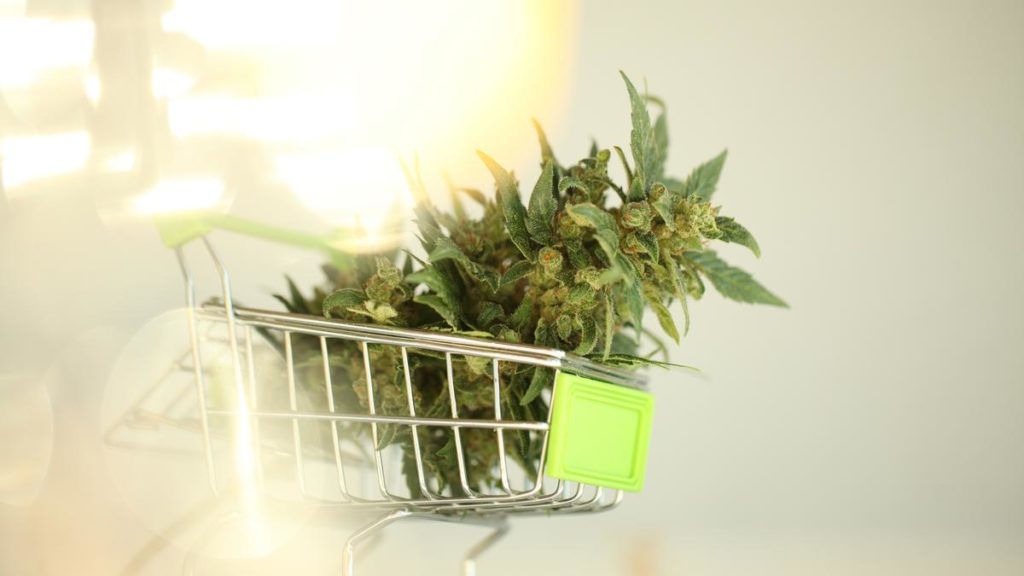By Pete Danko | BizJournals
Oregon’s suffering cannabis market isn’t alone, and more state treasuries are feeling the effects of declining sales.
A new Urban-Brookings Tax Policy Center report found four other states joined Oregon this year in registering a decline in nominal cannabis tax revenue for the first time.
Oregon’s 4.3% drop — from $178.3 million to $170.6 million in the 2022 fiscal year — was toward the lower end of the falloffs. Colorado led the way with a 13.9% decline, followed by Washington (down 6.8%), California (down 5.8%) and Nevada (down 3.5%).
One theory for these unprecedented declines is that cannabis tax collections returned to normal after a pandemic spike fueled by stimulus checks and a lack of other spending options. But another factor, authors Richard Auxier and Nikhita Airi say, could be falling prices in these mature markets.
And that could hold lessons for policy makers in new markets.
“Price decline is a marker of a successful market — that is, the legal marijuana retailers are successfully meeting consumer demand — but lower prices can contribute to lower tax collections,” the researchers wrote. “As such, the states with relatively new legal cannabis taxes could possibly experience similar volatility in their annual cannabis tax collections as their markets evolve.”
The Auxier-Airi paper is entitled “The Pros and Cons of Cannabis Taxes,” and as the name suggests the authors explore how different tax schemes function. They note that the five states where cannabis tax collections fell all have an excise tax based on percentage of price.
“If maintaining marijuana tax revenue growth is a concern then policymakers could increase the excise tax rate as prices fall,” the authors write. “Alternatively, a government could see a cannabis tax that declines along with market price as beneficial because the relatively smaller tax payment could help legal businesses trying to keep retail prices competitive. In contrast, a tax based on weight or potency could act as a price floor and make it more challenging for legal cannabis sellers to compete with the black market as prices fall.”
H/T: www.bizjournals.com



